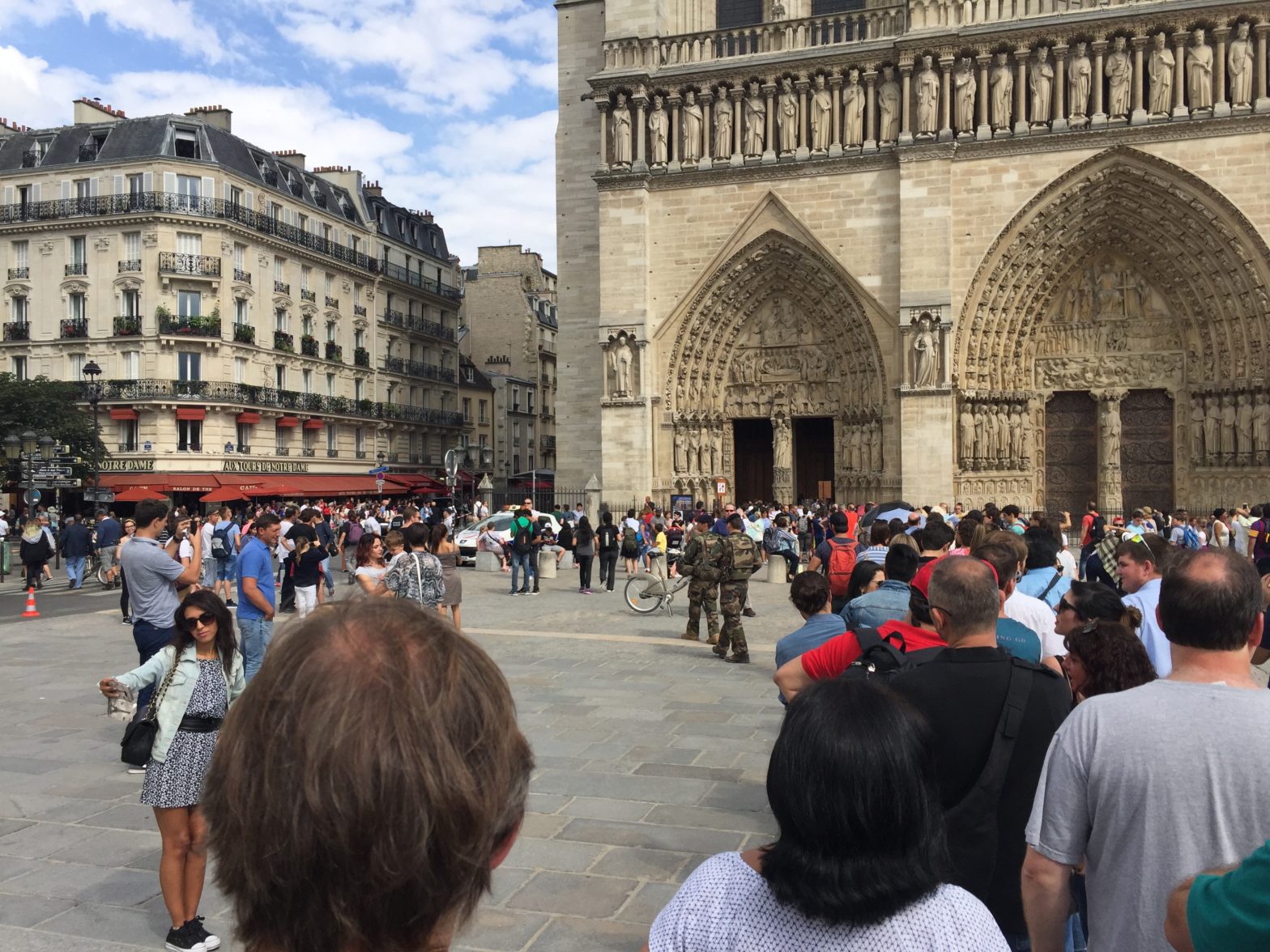We do what must be done.
In times of crisis, humanity naturally comes together. We help each other. We volunteer to do our part. We look after those who are in need.
As the COVID-19 pandemic spreads around the world a few things have become clear.
1) Without strong preventative measures, it spreads quickly and can overwhelm even the best health care systems.
2) It impacts our aged and elderly the most.
As told in this March 11, 2020 CBC News report.
“Dr. Theresa Tam, Canada’s chief public health officer, said on Twitter that “people over 65 years of age and people with a weakened immune system or underlying medical condition are at a higher risk of developing severe disease.” She advised that those more vulnerable people should avoid cruise ships, international conferences and other large indoor gatherings.”
The younger will be needed.
A large portion of our population is of advanced age, nowhere is this more clear than the non-profit and volunteer sector. Our Rotarians, Kins-men and women, our church congregations and community groups are all predominantly older.
In times of celebration as well as crisis, these are the very groups so many communities turn to make stuff happen. This has slowly been changing but so very slowly. These are the people that make many things “go” and these are now also the people who are most at risk from serious complications from COVID-19.
When the call comes, we’ll be there.
I have no doubt that when the call comes, people will answer. Already our governments and civil services in cities, provinces and nationally are moving and preparing.
COVID-19 might not just be a moment in history when the world was gripped with a new pandemic, it might also be when a new generation takes the lead in our communities to help us all, taking the torch from those who have served and cared for the community for so long.
It’s time we cared for them.


I think given that the impacts of contracting COVID-19 are most severe amongst the older generation and; concurrently, that the impacts of the suggested public health response to the pandemic (i.e. missing work) are most negatively experienced by the younger generations is an example of ‘boomer-privilege’ driving public policy.
Thanks for posting this here, Ian. Not only does it get it out of the Facebook sphere in general, it opens it to the world.
Yours is a valid statement and sentiment of our current and historical policy making process.
The only caveat I would attach to that is:
A healthcare system overrun due to an ongoing pandemic is unable to serve citizens of any generation, young and old, for any condition, virus related and not.
This is not just about protecting those who are most vulnerable but also safeguarding a system that must be supported in order for our society to function safely.